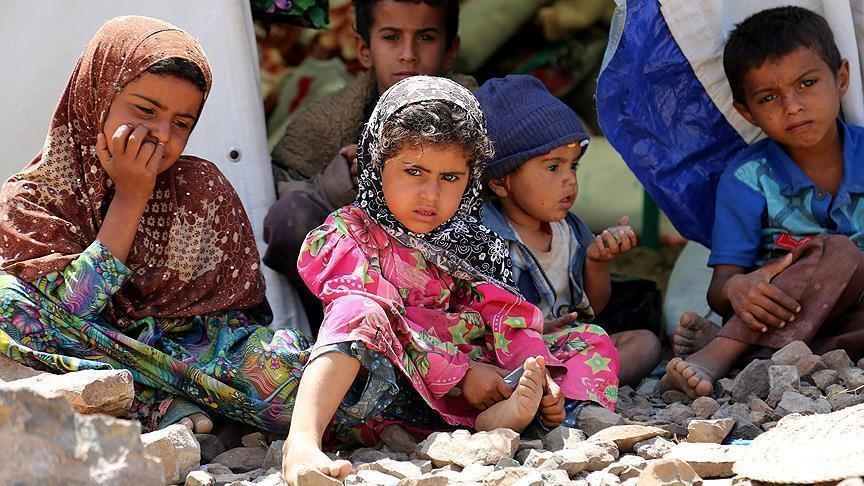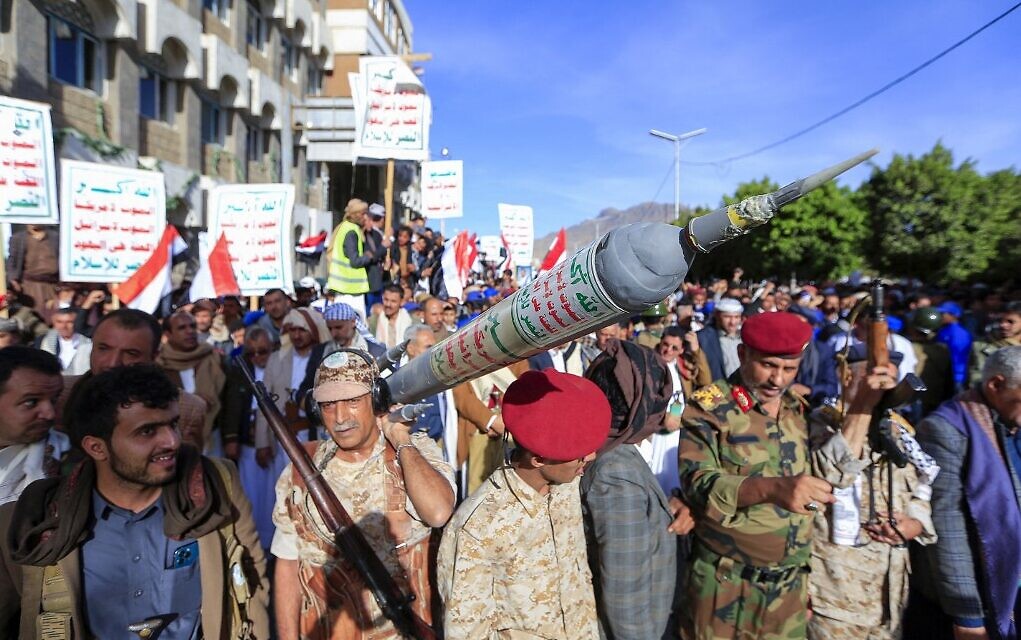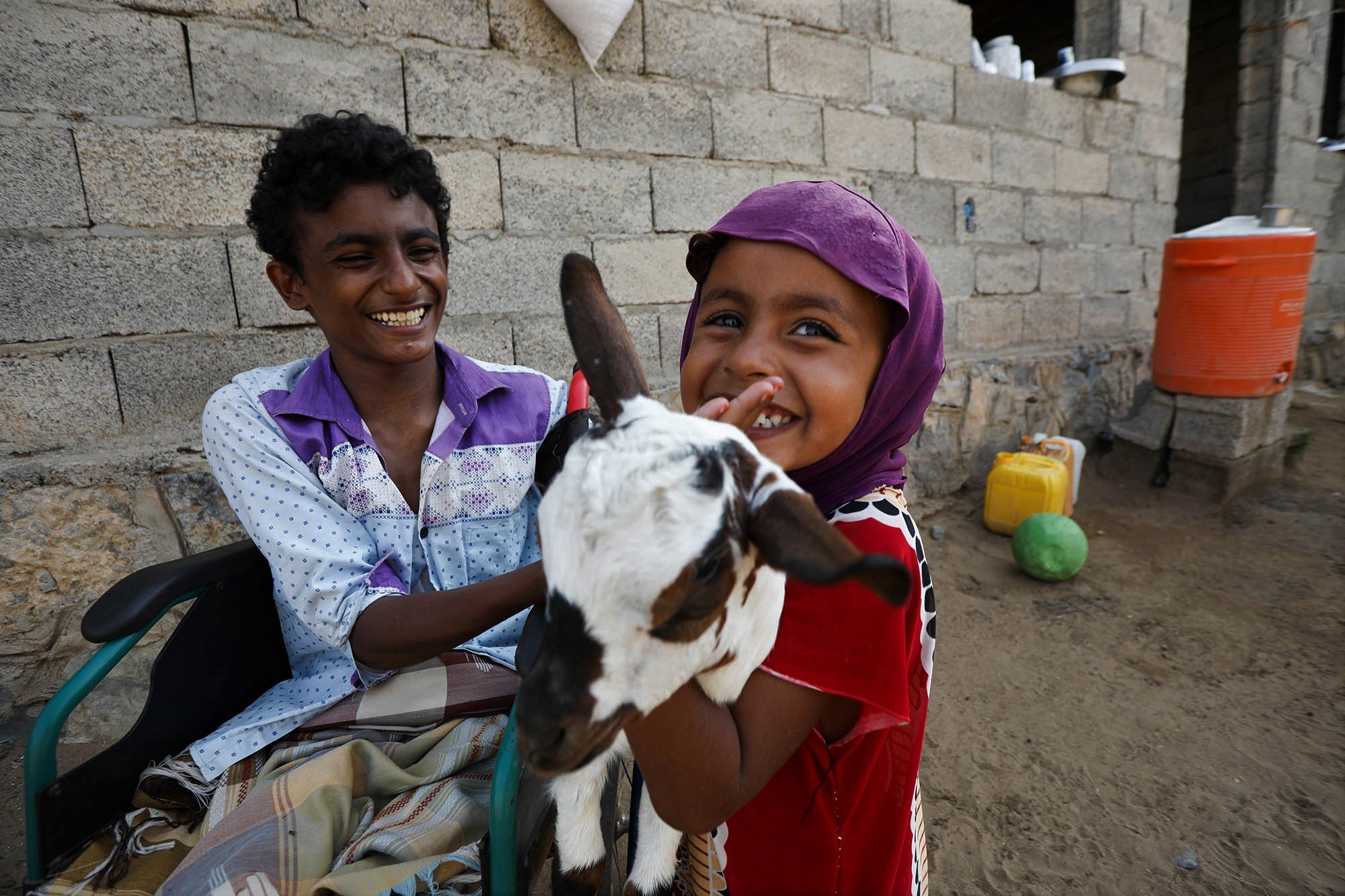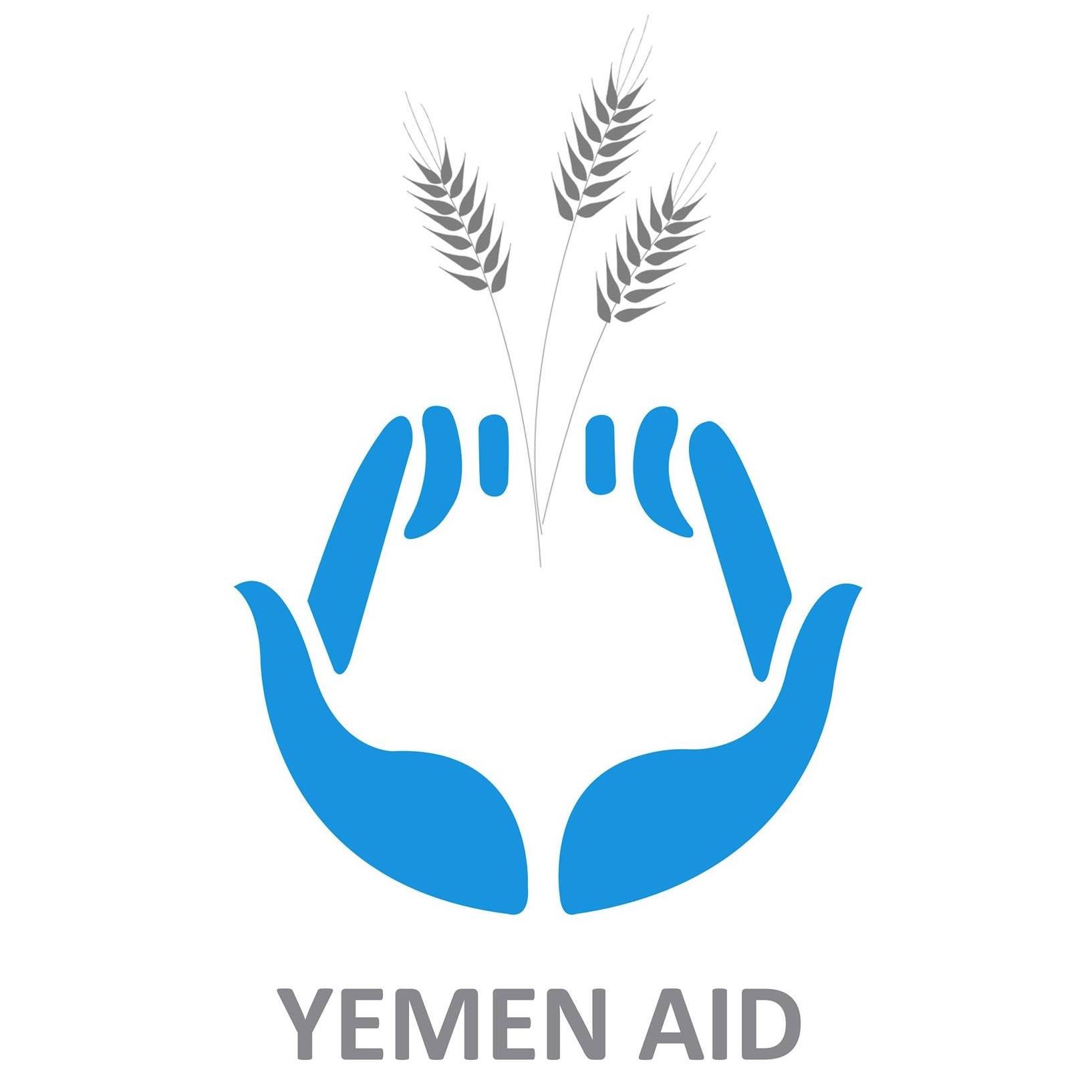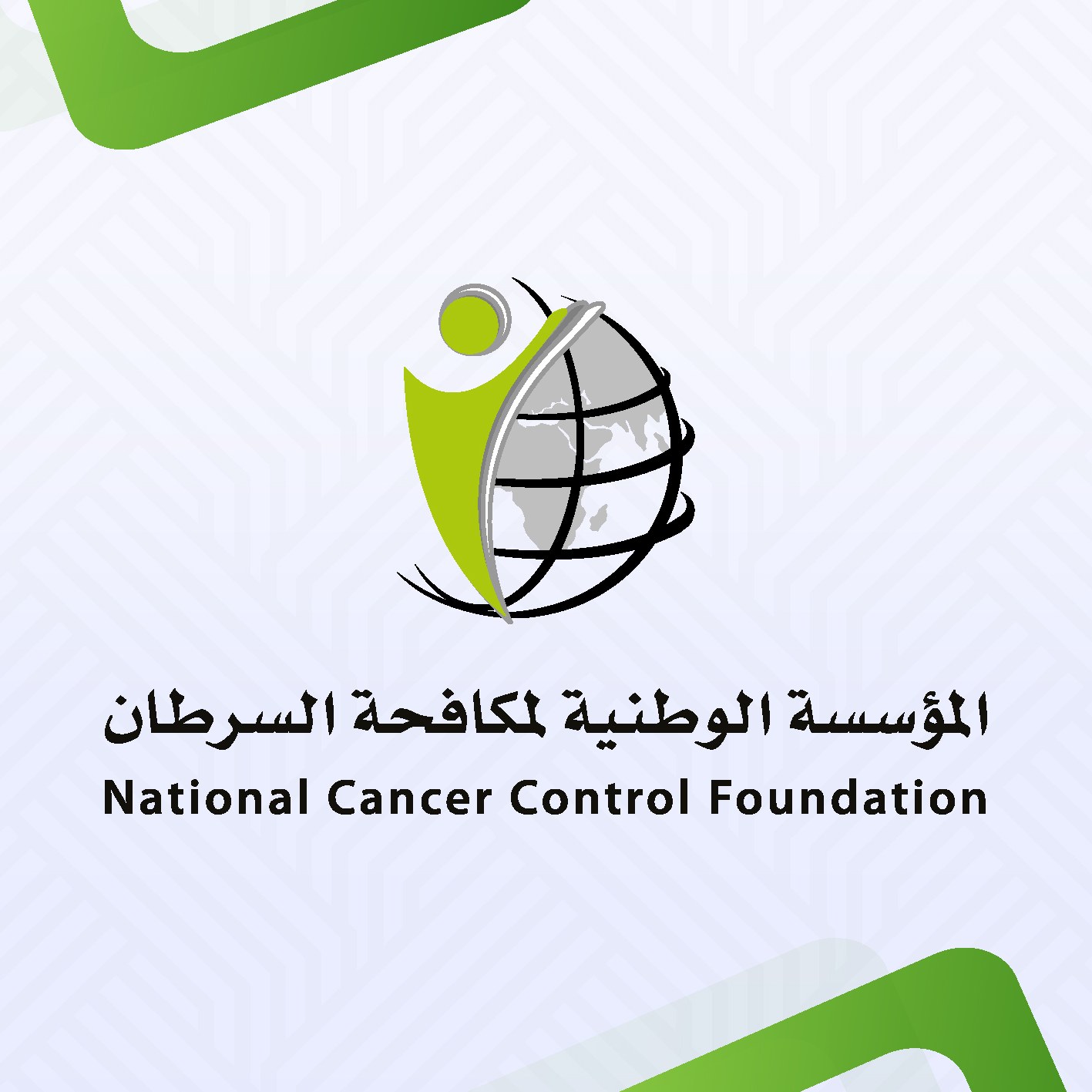Refeguees Ssuffering in Mareb
When Yahya Al-Dhalei left his village in Dhamar Governorate towards Marib Governorate, with the start of the Houthi invasion and the brutality of all those who did not join his sectarian project, he did not realize that the journey of suffering would continue for more than seven years.
Yahya lives today with thousands of Yemenis in camps for the displaced scattered inside and on the borders of the Ma’rib governorate, which has embraced them from various Yemeni regions, fleeing from the brutality and tyranny of the Houthi militia, which was recently classified by the Security Council as a “terrorist” group.
Al-Dali says: "After the Houthi entry, we lost our jobs and everything we owned, and we were subjected to harassment and extortion on a daily basis, so we decided to flee to Ma'rib."
Speaking to Asharq Al-Awsat from his modest tent in Jaw Al-Naseem camp (central Ma'rib), he added: "We have been threatened, imprisoned and pursued. The militia puts anyone behind bars in the hope of obtaining funds for his release."
According to official statistics, there are more than two million and 300 thousand displaced people in Ma'rib, and these numbers have increased with the internal displacement from the governorate's districts after the recent Houthi attacks.
Yahya Al-Dhali describes the situation in his village in Dhamar as “catastrophic” with the presence of the Houthis, and continued, while his daughter, Saba, 3 years old, was sitting on his lap, saying: “There is a large recruitment of children now than in previous years, unfortunately the families return only pictures of their children, and some of them discovered His children are in Saudi rehabilitation centers, after they were captured in the battles, and were allowed to call to reassure their families.
Yahya managed to smuggle his family of 8 to Marib, on a two-day trip, before settling in Joe Al-Naseem camp, which was one of its first founders, as he put it.
Al-Dhalea believes that education is the most powerful weapon in the face of the Houthi militia, because they can only deceive the illiterate. He adds: “Educated people cannot take them to the fronts. The future is in education.
For his part, Anas Al-Fadhili, who comes from Al-Manar District in Dhamar Governorate, says: “I arrived in Ma'rib in 2016. I was displaced after the harassment of the Houthis and their followers, as we were unable to live in stability (...). Anyone who disagrees with them considers him with ISIS and an agent of aggression.”
Al-Fadhili pointed out that most people do not support al-Houthi, but fear controls them. He continued, "If people spoke, they said: With the aggression, and they were silent... They took them to the fronts, changed the curricula and replaced the basic teachers with secondary students to teach them intellectual courses, then made them teach our children." Despite the suffering, Anas describes Marib as a city of safety and security. He said: “There is no doubt that we hope to stop the war and return to our homes and villages. All Yemenis wish that, for seven years we have not seen our relatives and families.”
However, Al-Fadhili criticizes the performance of international organizations that claim to help the displaced in Yemen, saying: "We see them for hours to take pictures and then leave. We haven't seen any aid for seven years. Everything you see in the camp was built by the displaced themselves."
It is worth mentioning that the camp was called “Joe Al-Naseem”, in reference to the area in which it is located in the city of Ma’rib, the Al-Matar district, and it is made up of several closely related farms.
Abdullah Al-Jaradi, a photojournalist and humanitarian activist, agrees that there is a failure on the part of the international humanitarian organizations working in Marib, indicating that these organizations avoid implementing real projects on the ground for fear of stopping their work and thus their budgets.
He added, “Most of the people you see in the camps have professions; There are engineers, carpenters, blacksmiths and others. We hope that there will be projects to employ, rehabilitate and train manpower. Organizations rarely do this, because they know that they will lose an entire group that helps them every month.”
